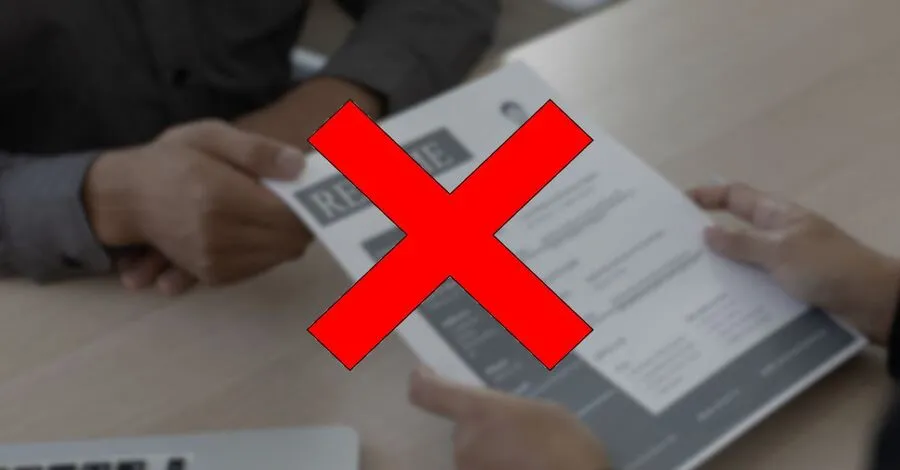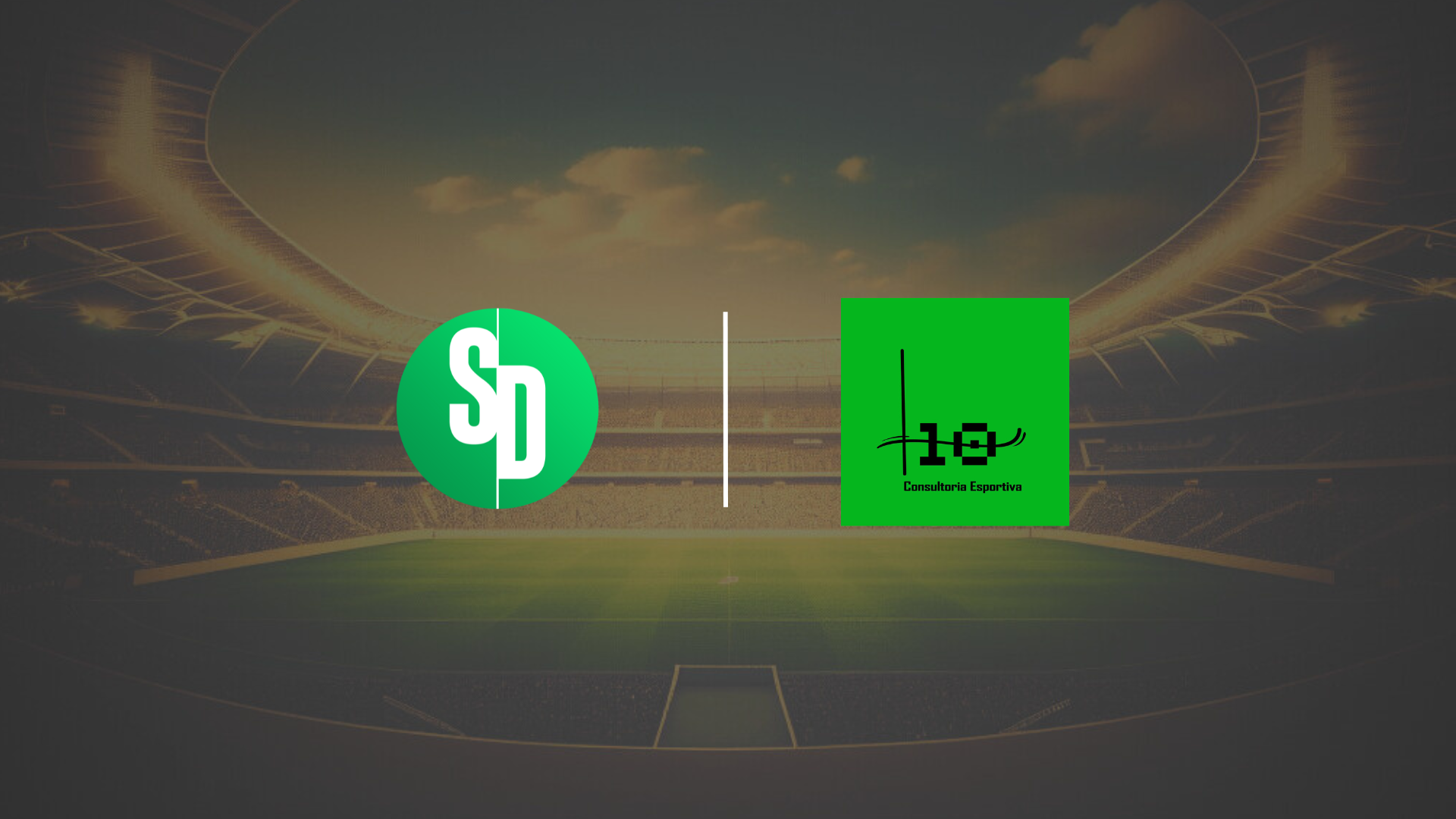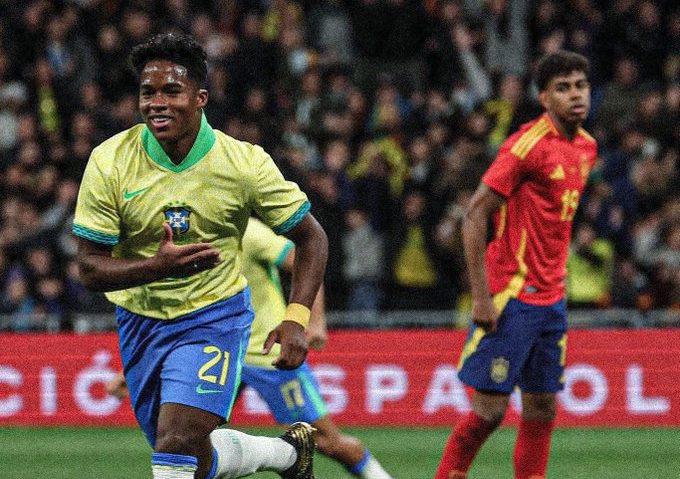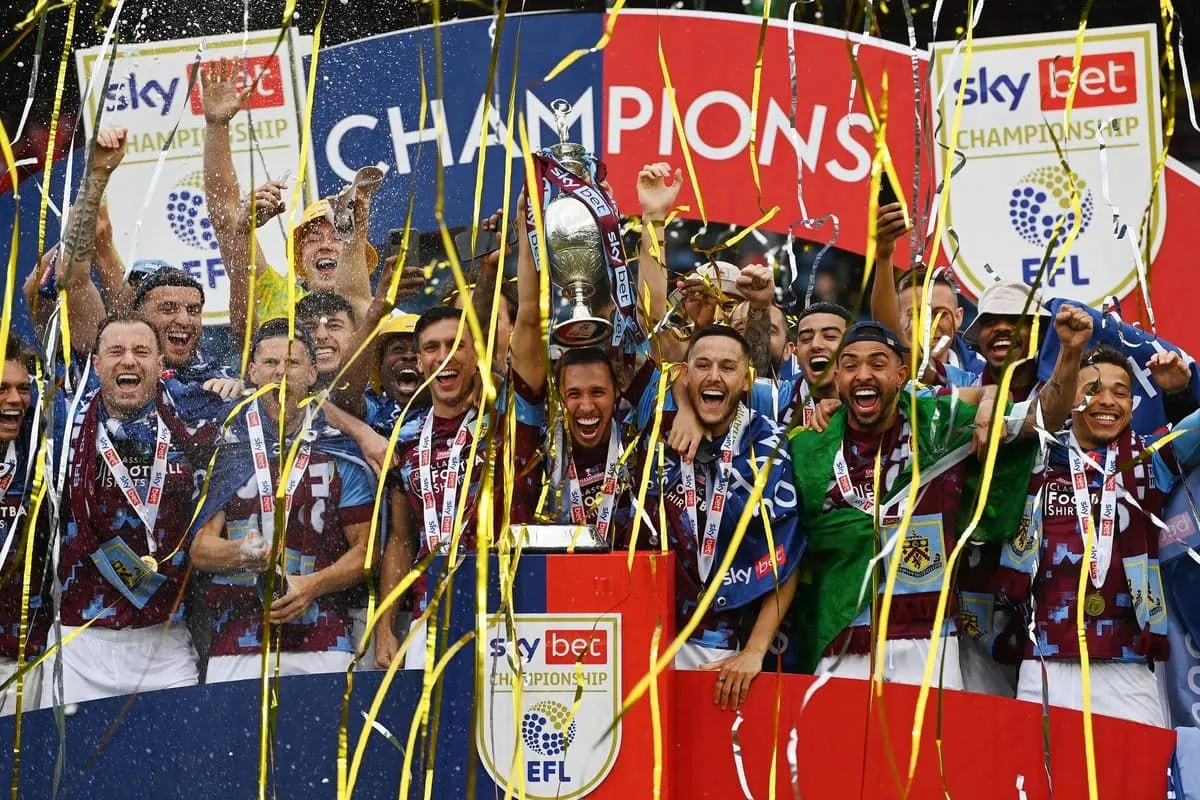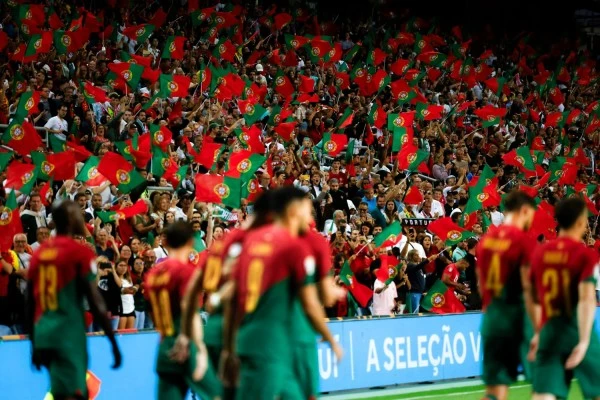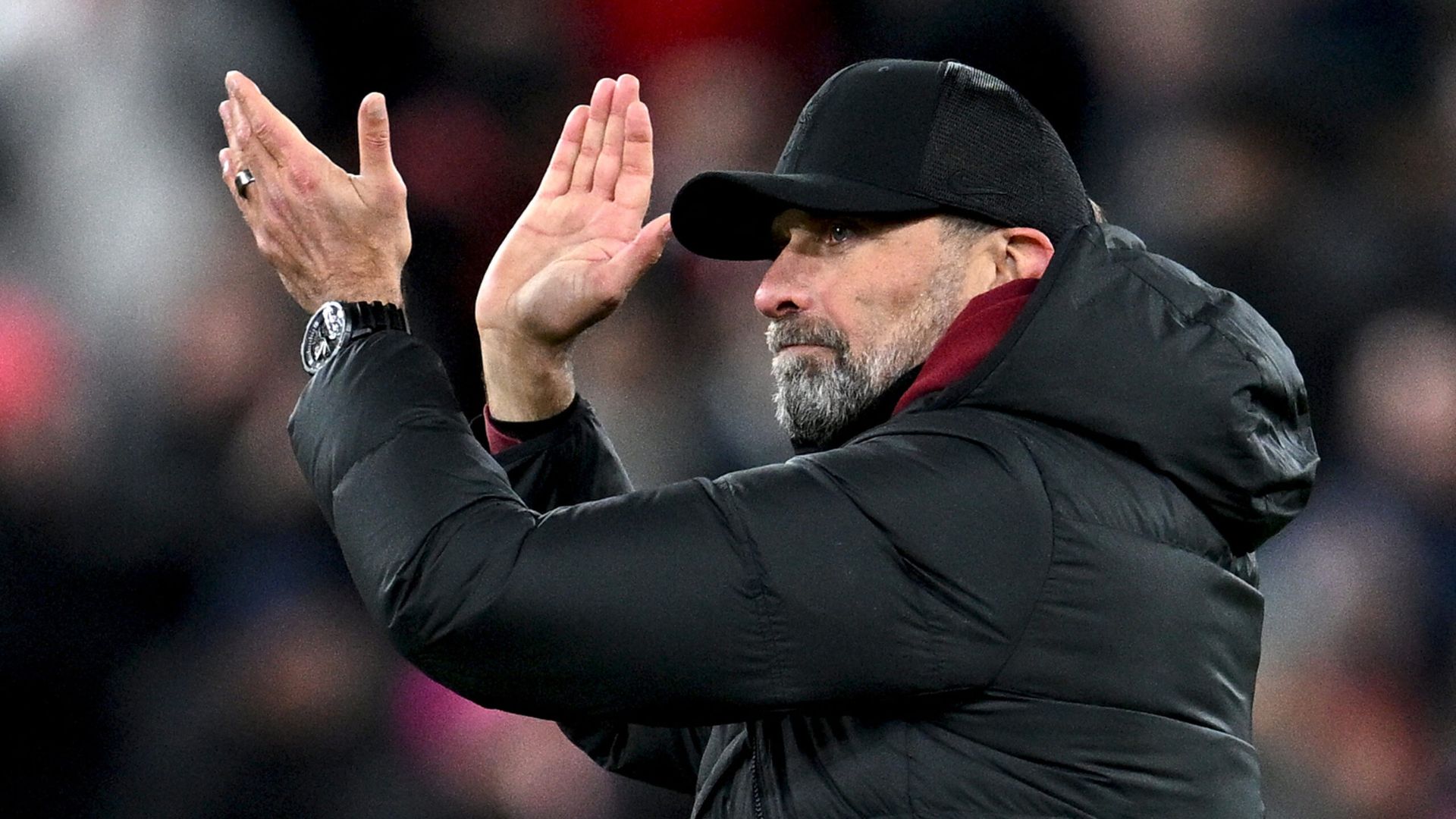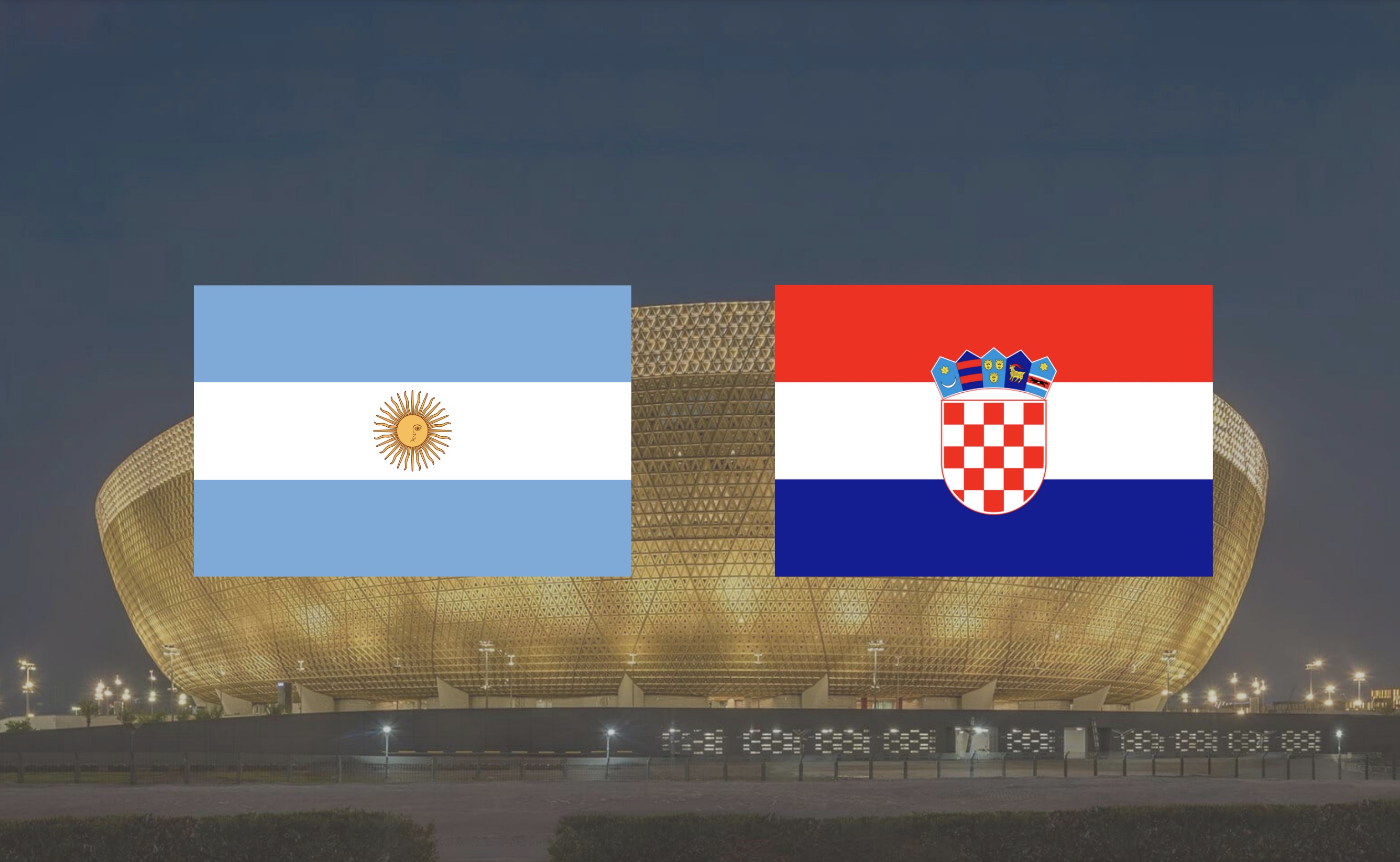How to Make a Personal Website for Football
Everyone should have a CV.
Whether to apply to a new job, to be represented by a new agent, or to be recommended for a service, you need a summary of who you are and the value you bring.
However, most CVs are not good enough.
They often lack super valuable information or are way too disorganized and have outdated designs.
So, how can a CV stand out from the dozens of others received every week?
You should transform it in a PERSONAL WEBSITE 💡
Why?
It will create much more impact on the employer while you can be more complete in your description and even include different types of information that improve the quality of your resume. It will add credibility and does not get lost in the computer folders of someone else.
How should your website be?
1) It should have a General Summary at the top. Insert your name, photo, contact details, external profile links, and a brief description of who you are today and how you got here.
2) Include a Gallery where you can start to engage the reader with a couple of images from the places where you worked and the milestones achieved.
3) State your Working Experience. Name the organizations you were part of or the projects you created. Be sure to specify the dates, positions, and a quick overview of your responsibilities.
4) Education Background. Specify the studies, courses, and certifications you have. This will allow the reader to understand how capable and invested you are in the given domains.
5) Make sure to have a list of relevant Achievements. Don't force anything, it's normal if you don't have big achievements at the start of your career.
6) Style of Work/Play and Methodology This will allow the reader to understand what's your working style or playing methodology. Feel free to attach a video that better demonstrates the principles you rule yourself by.
7) Recommendations. What's better than having other people talk about us? Employers give a lot of importance to this. Be sure to add this to your website and ask for feedback from your past colleagues or bosses.
8) Links. For every aspect you find relevant. Interviews, events, news, highlights. Anything that adds value to your page.
Coaches, Scouts, Directors, and Players can all take advantage of having their own page.
The digital era is already here, so why not enjoy the best part of it?
If you’re curious enough to see how your website would look, contact us for more details 📥
Within 1 week, we can create one just for you.


 9
9


